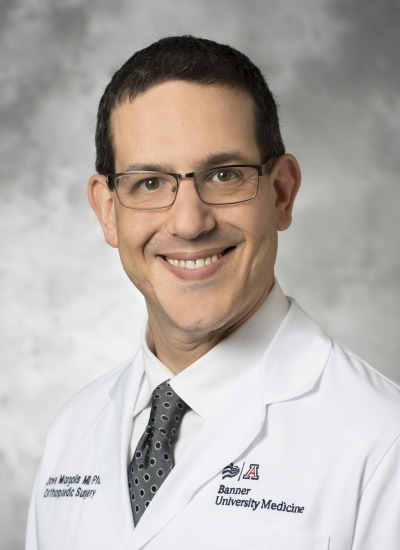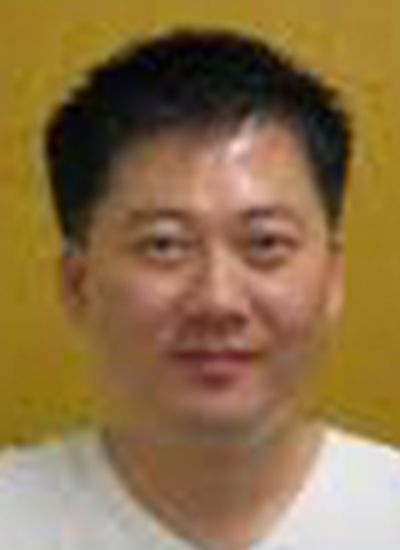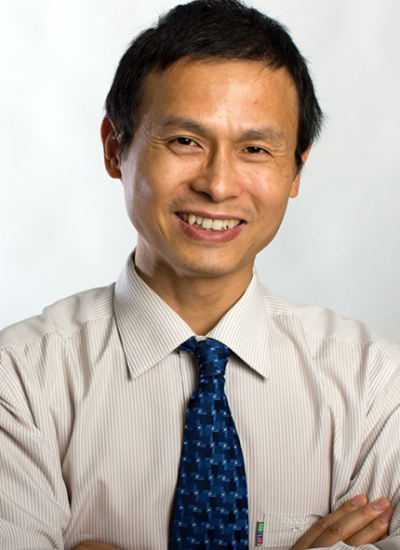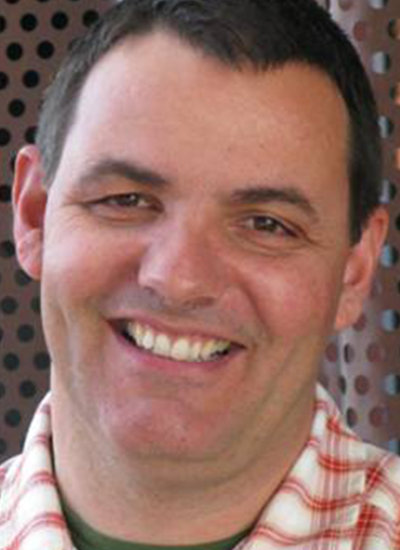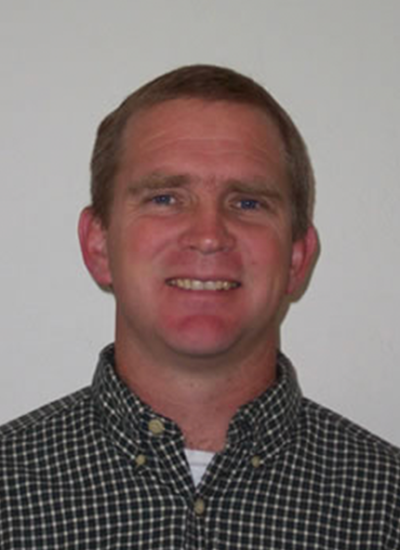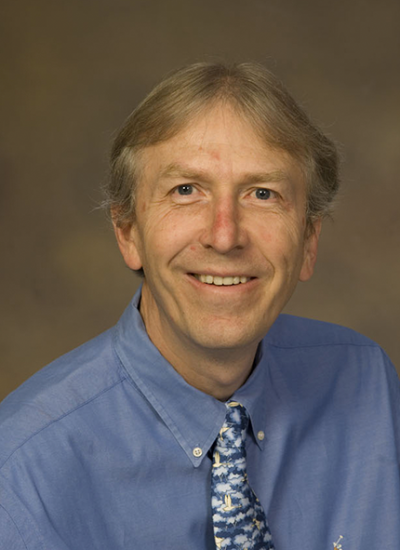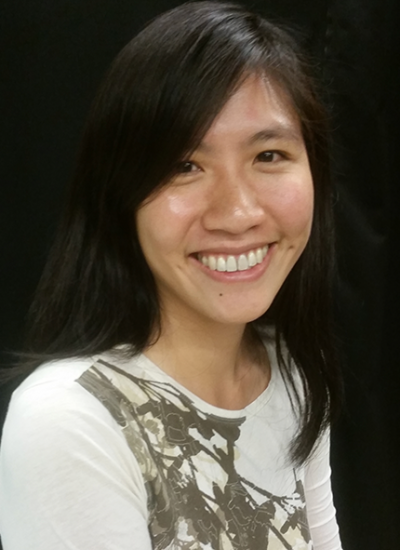Biomedical engineering
Assistant Professor, Orthopaedic Surgery
Assistant Professor, Biomedical Engineering
Assistant Professor, Physiology
Member of the General Faculty
Member of the Graduate Faculty
Primary Department
Department Affiliations
Contact
(520) 626-4024
Dr. Margolis is a board certified orthopaedic surgeon with sub-specialty certification in hand surgery. In addition to treating patients he oversees the Biomaterials and Tissue Engineering Laboratories within the Department of Orthopaedic Surgery.
Jeong-Yeol Yoon
Professor, Biomedical Engineering
Professor, Agricultural-Biosystems Engineering
Professor, Animal and Comparative Biomedical Sciences
Professor, Chemistry and Biochemistry-Sci
Professor, BIO5 Institute
Member of the General Faculty
Member of the Graduate Faculty
Primary Department
Department Affiliations
Contact
(520) 621-3587
Research Interest
Xiaoyi Wu
Associate Professor, Aerospace-Mechanical Engineering
Associate Professor, BIO5 Institute
Member of the General Faculty
Member of the Graduate Faculty
Primary Department
Department Affiliations
Contact
(520) 626-5854
Research Interest
Urs Utzinger
Associate Professor, Biomedical Engineering
Associate Department Head, Assessment and Accreditation
Associate Professor, Electrical and Computer Engineering
Associate Professor, Obstetrics and Gynecology
Associate Professor, Optical Sciences
Associate Professor, BIO5 Institute
Member of the General Faculty
Member of the Graduate Faculty
Primary Department
Department Affiliations
Contact
(520) 975-0522
Research Interest
Theodore P Trouard
Professor, Biomedical Engineering
Professor Emeritus
Professor, BIO5 Institute
Primary Department
Department Affiliations
Contact
(520) 626-2177
Research Interest
John A Szivek
Adjunct Associate Professor, Aerospace-Mechanical Engineering
Adjunct Associate Professor, Materials Science and Engineering
Professor, BIO5 Institute
Professor, Biomedical Engineering
Professor, Orthopaedic Surgery
Professor, Physiological Sciences - GIDP
Primary Department
Department Affiliations
Contact
(520) 626-6094
Research Interest
Judith Su
Assistant Professor, Biomedical Engineering
Assistant Professor, Optical Sciences
Assistant Research Scientist, Chemistry and Biochemistry
Assistant Professor, BIO5 Institute
Primary Department
Department Affiliations
Contact
(520) 621-4240


